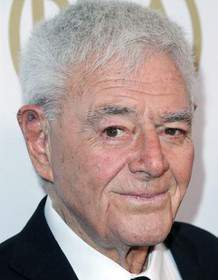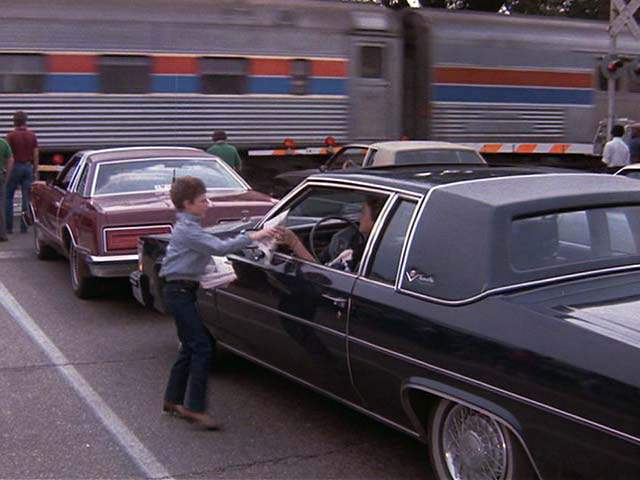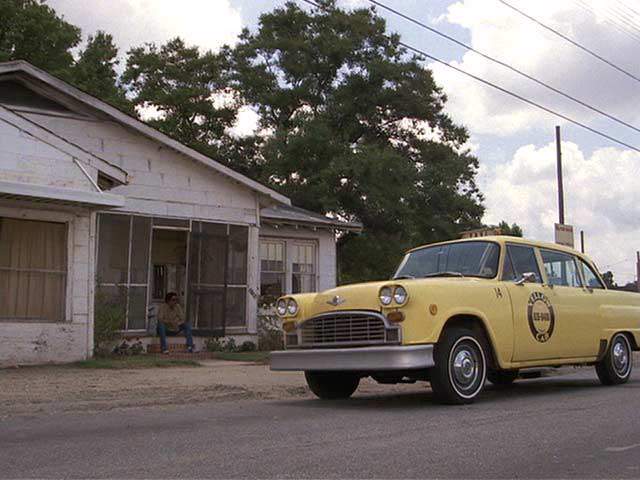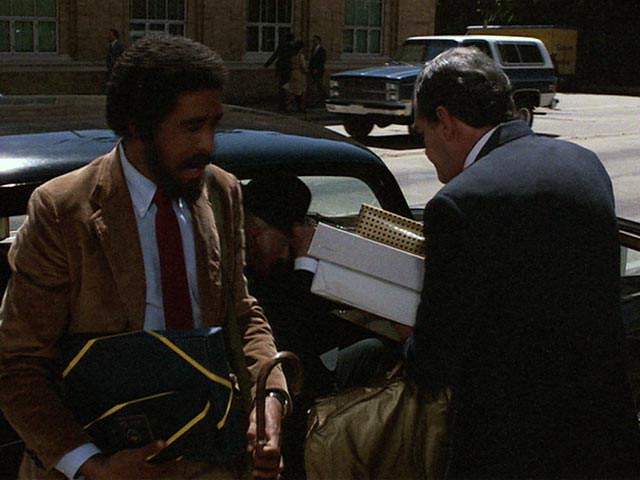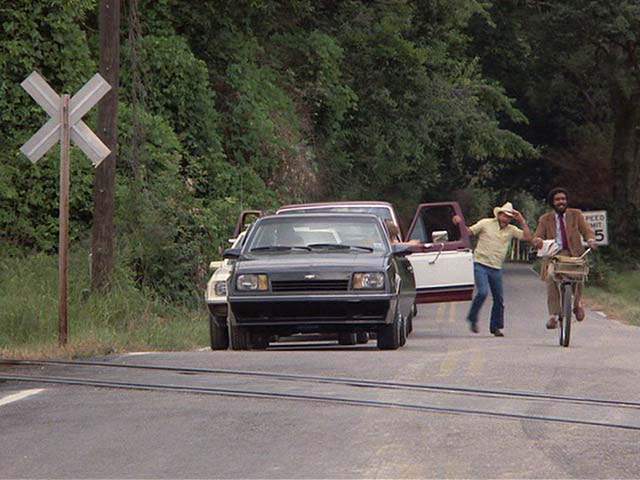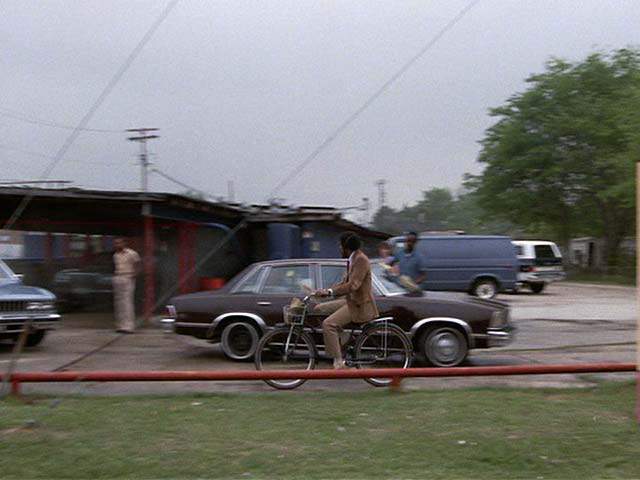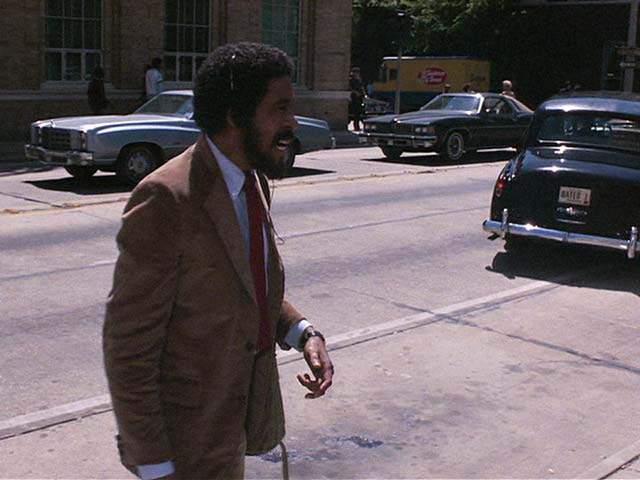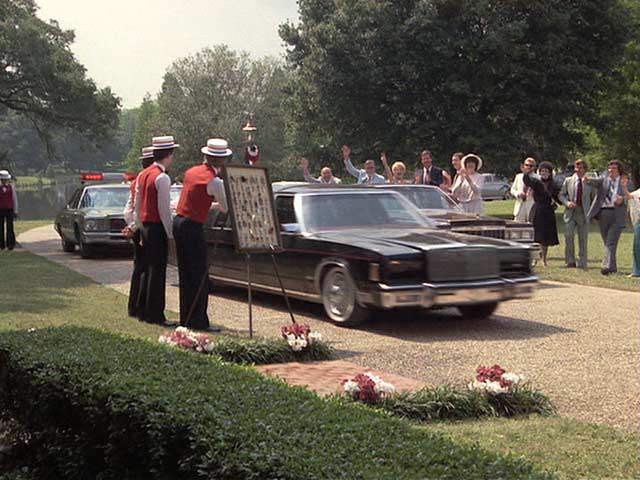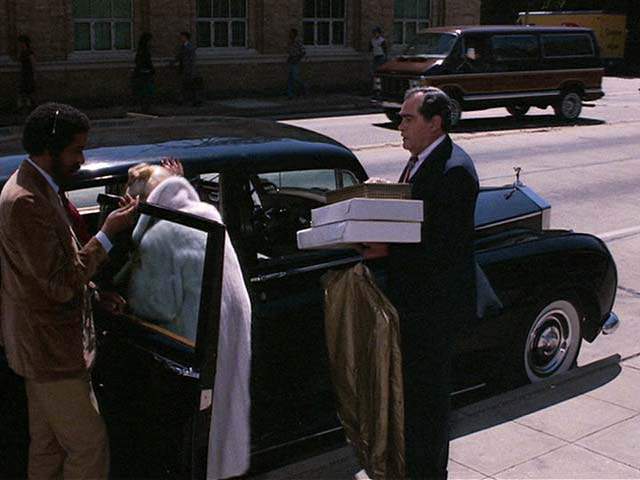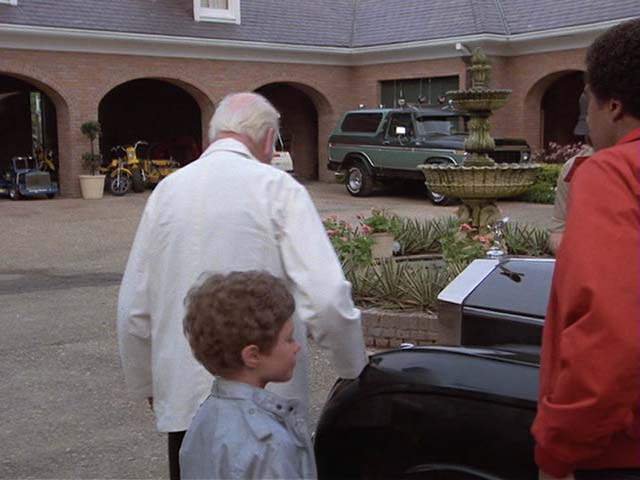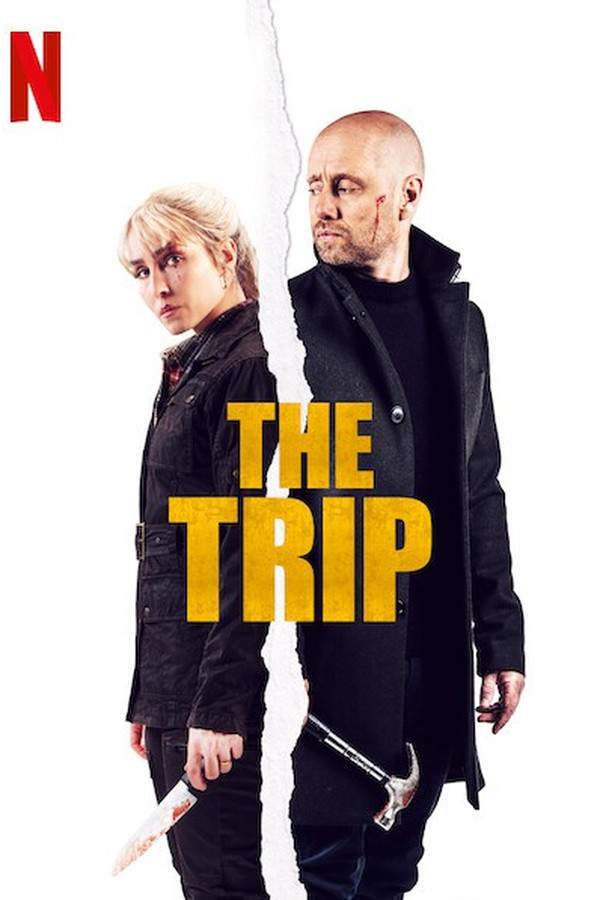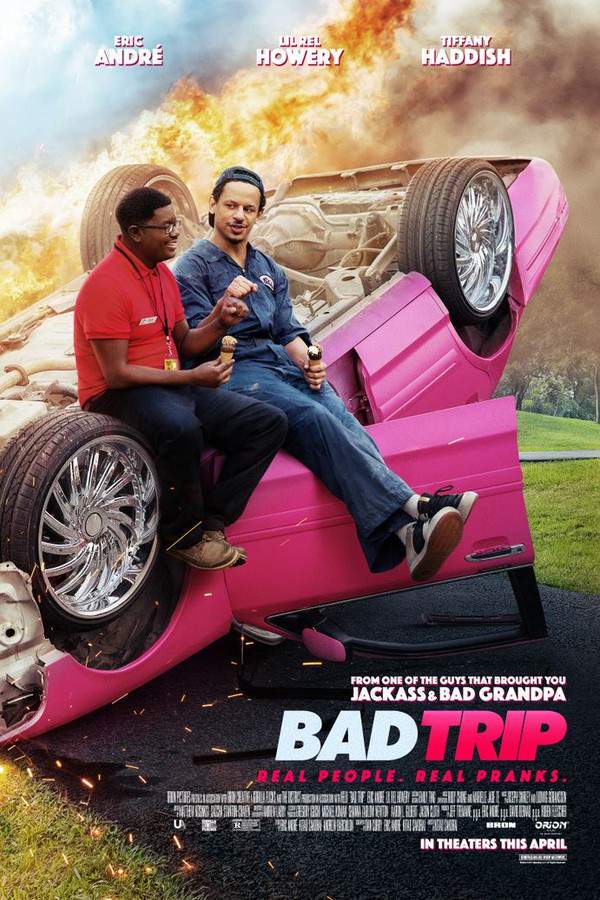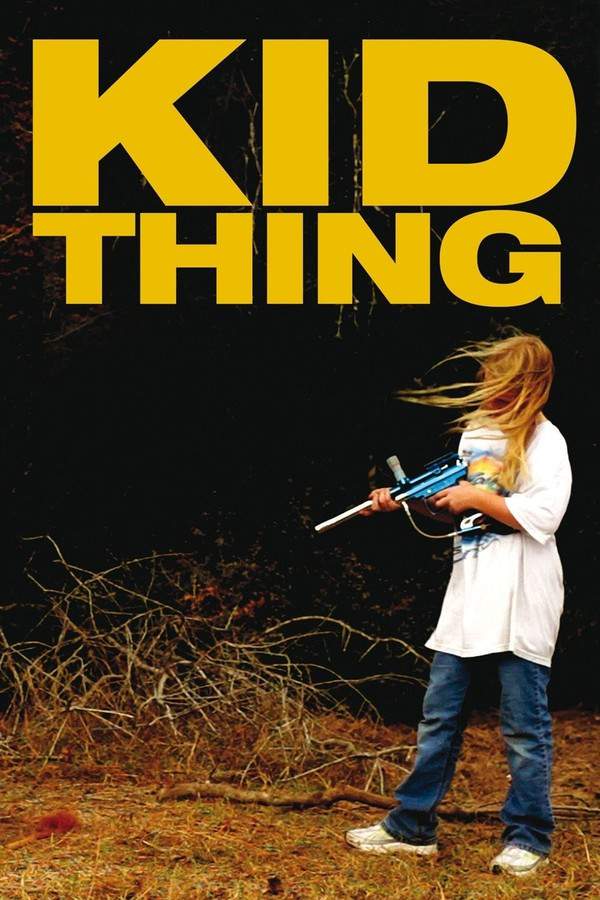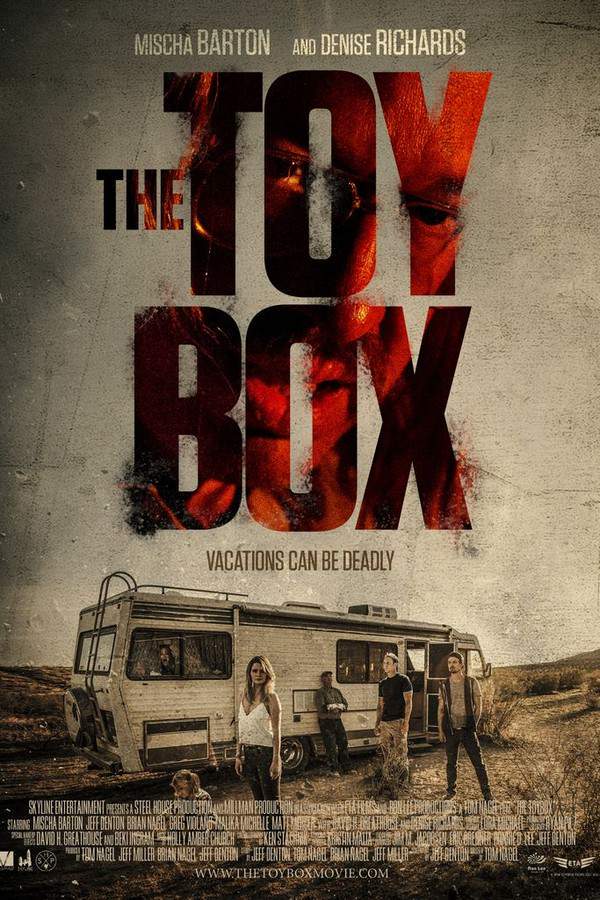The Toy 1982
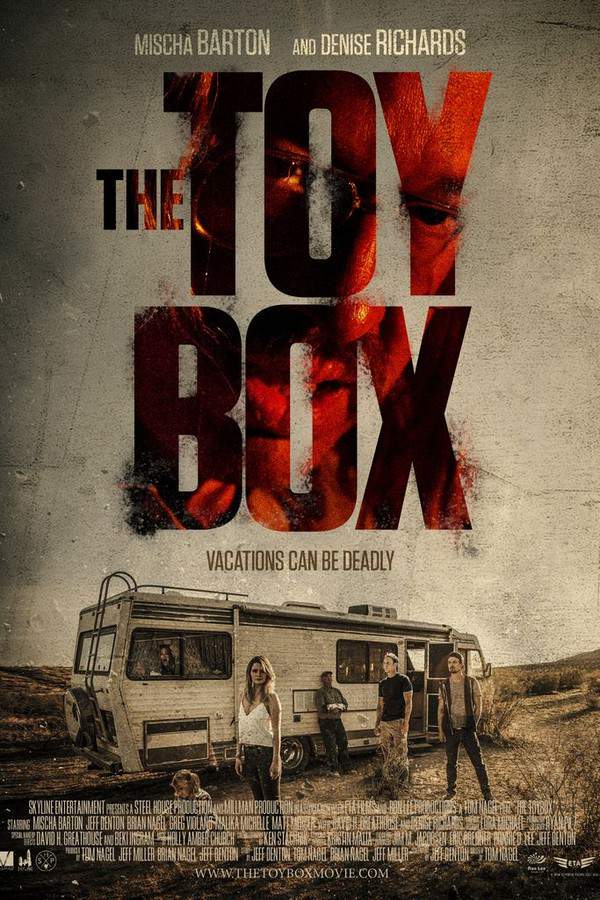
During a family road trip, a group of strangers finds themselves stranded in a desolate desert after a devastating accident. Forced to rely on each other within the confines of their RV, they grapple with rising temperatures and mounting tensions. As they journey, long-hidden secrets emerge, threatening to unravel their relationships and test their ability to survive the harsh isolation and find their way back to safety.
Does The Toy have end credit scenes?
No!
The Toy does not have end credit scenes. You can leave when the credits roll.
Meet the Full Cast and Actors of The Toy
Explore the complete cast of The Toy, including both lead and supporting actors. Learn who plays each character, discover their past roles and achievements, and find out what makes this ensemble cast stand out in the world of film and television.
External Links and Streaming Options
Discover where to watch The Toy online, including streaming platforms, rental options, and official sources. Compare reviews, ratings, and in-depth movie information across sites like IMDb, TMDb, Wikipedia or Rotten Tomatoes.
Ratings and Reviews for The Toy
See how The Toy is rated across major platforms like IMDb, Metacritic, and TMDb. Compare audience scores and critic reviews to understand where The Toy stands among top-rated movies in its genre.

16
Metascore
7.7
User Score


%
TOMATOMETER

0%
User Score

58
%
User Score
Take the Ultimate The Toy Movie Quiz
Challenge your knowledge of The Toy with this fun and interactive movie quiz. Test yourself on key plot points, iconic characters, hidden details, and memorable moments to see how well you really know the film.
The Toy Quiz: Test your knowledge of the 1982 film 'The Toy' and its memorable characters and events.
What is Jack Brown's profession at the beginning of the movie?
unemployed newspaper reporter
janitor
teacher
businessman
Show hint
Full Plot Summary and Ending Explained for The Toy
Read the complete plot summary of The Toy, including all major events, twists, and the full ending explained in detail. Explore key characters, themes, hidden meanings, and everything you need to understand the story from beginning to end.
Jack Brown, played by Richard Pryor, is a struggling newspaper reporter caught in the grips of financial ruin in Baton Rouge, Louisiana. With his wife, Angela, portrayed by Annazette Chase, unable to meet their mortgage payments, the threat of losing their home looms large. After countless failed attempts to land a job at the local paper, The Bugle, Jack’s desperation leads him to accept a demeaning position as a “cleaning lady” for the formidable U.S. Bates, a character brought to life by the legendary Jackie Gleason. Jack experiences utter humiliation during his first day when he fumbles serving food at a luncheon, after which he is promptly fired. However, fortune smiles upon him as he manages to secure a part-time gig as a janitor in one of Bates’ department stores.
The scenario escalates when Eric Bates, the obnoxious and entitled ten-year-old son of Bates, portrayed by Scott Schwartz, returns home from military academy. Upon discovering Jack’s comical antics in the toy section of the store, young Eric decides that he wants Jack as his very own “toy,” leading to a bizarre turn of events where Jack is quite literally boxed up and transported to the massive Bates mansion. Initially reluctant to engage with the bratty Eric, Jack eventually strikes a financial deal with U.S. Bates to become Eric’s live-in companion for a week during spring break—a prospect that would provide Jack with enough money to settle his debts and save his house.
As the days unfold in the lavish Bates estate, Jack starts to see the softer side of Eric, recognizing that beneath his spoiled exterior lies a boy desperate for affection and companionship. Their bond develops over shared experiences like mini-cart racing, video games, and even fishing in a stream filled with piranhas—activities that allow them to open up about their traumatic pasts. Jack shares tales of his impoverished upbringing, while Eric opens up about the loss of his mother, revealing how his father’s relentless work and numerous remarriages have left him feeling neglected and alone.
Jack quickly realizes that Eric is not the malevolent child he initially perceived but rather a victim of his father’s misguided attempts at love, which often manifest as gifts and money. As their friendship blossoms, Eric’s hyper-competitive nature shines through as he revels in defeating Jack in various games. However, everything changes during a basketball match when Eric refuses to continue playing upon losing, prompting Jack to remind him of the consequences of giving up. Eric’s poignant declaration, “my father doesn’t care what I am… as long as I stay out of his way,” encapsulates the emotional void in his life and the crux of their bonding journey.
In a daring twist, Jack and Eric decide to start their own newspaper as a fun project. Driven by their shared disdain for Bates’ treatment of his employees, they delve into secrets surrounding his tyrannical reign, including his insensitive acquisition of his butler, who is played by Wilfrid Hyde-White. In a fit of youthful rebellion, they break into Bates’ office to print their publication, aptly titled “The Toy.” Their covert escapade gets them caught, but with Eric’s quick thinking, they manage to slip away under the cover of chaos.
After their newspaper gains traction and circulates throughout the city, Bates calls Jack and Eric to his office, seething with outrage but concealing his fury. He attempts to assert his authority by demanding they cease publication, unaware that Eric has grown bold enough to voice his defiance. The situation intensifies as Bates offers Jack a dreamed-of reporting position at his paper, a tantalizing offer that leads to a fracture between Jack and Eric, who feels betrayed by Jack’s decision to accept. But Jack, trying to navigate his obligations, explains his perspective on survival for himself and his family.
The narrative crescendos at a lavish outdoor party hosted by Bates, filled with prominent political figures and the underlying presence of the KKK, disguised under the guise of respectability. Angela, Jack’s wife, spearheading a protest against the KKK outside, creates additional tension as Jack learns that Bates is attempting to orchestrate a scandal for political leverage. In a climactic showdown, Jack and Eric disrupt the event in a fashion that sparks chaos, as Jack exposes the Grand Wizard amongst the affluent guests, triggering a pie-throwing spectacle that leads to an uproar.
Ultimately, the whimsical yet revealing journey concludes with Jack making his way back home to his neighborhood on a bicycle after spending a meaningful week with Eric, who waves goodbye with a mix of sadness and newfound appreciation. The next day, Bates attempts to forge a bond with his son on the way to military school, but Eric’s affection for Jack is palpable, showcasing the growth in their friendship. Despite Bates’ promises to improve their relationship, Eric’s encounter with Jack’s impending chaos continues the cycle of spoiled antics as the two worlds collide.
With a mix of comedy, drama, and poignant social commentary, this tale underscores the significance of understanding and friendship amidst the complexities of family dynamics and the pursuit of personal growth, making it a memorable narrative of heart and humor.
Uncover the Details: Timeline, Characters, Themes, and Beyond!

Coming soon on iOS and Android
The Plot Explained Mobile App
From blockbusters to hidden gems — dive into movie stories anytime, anywhere. Save your favorites, discover plots faster, and never miss a twist again.
Sign up to be the first to know when we launch. Your email stays private — always.
Watch Trailers, Clips & Behind-the-Scenes for The Toy
Watch official trailers, exclusive clips, cast interviews, and behind-the-scenes footage from The Toy. Dive deeper into the making of the film, its standout moments, and key production insights.
Cars Featured in The Toy
Explore all cars featured in The Toy, including their makes, models, scenes they appear in, and their significance to the plot. A must-read for car enthusiasts and movie buffs alike.
The Toy Themes and Keywords
Discover the central themes, ideas, and keywords that define the movie’s story, tone, and message. Analyze the film’s deeper meanings, genre influences, and recurring concepts.
The Toy Other Names and Titles
Explore the various alternative titles, translations, and other names used for The Toy across different regions and languages. Understand how the film is marketed and recognized worldwide.
Similar Movies To The Toy You Should Know About
Browse a curated list of movies similar in genre, tone, characters, or story structure. Discover new titles like the one you're watching, perfect for fans of related plots, vibes, or cinematic styles.
Quick Links: Summary, Cast, Ratings, More

What's After the Movie?
Not sure whether to stay after the credits? Find out!
Explore Our Movie Platform
New Movie Releases (2026)
Famous Movie Actors
Top Film Production Studios
Movie Plot Summaries & Endings
Major Movie Awards & Winners
Best Concert Films & Music Documentaries
Movie Collections and Curated Lists
© 2026 What's After the Movie. All rights reserved.



